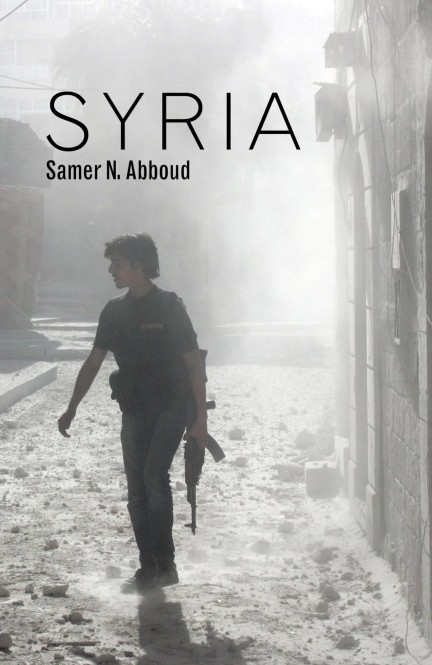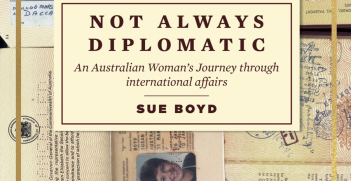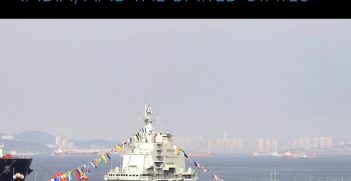Reading Room: Syria

As someone who has lived in and studied Syria, its history, culture and people, I was attracted to Samer Abboud’s personal engagement with this topic. I share his sadness and bewilderment over what is happening to that country and welcome his thoughtful analysis and attention to the diversity and complexity of the factors fuelling the conflict.
The structure of the book is logical and sound. Abboud considers a number of important issues that tend to be overlooked in analyses that focus narrowly on more traditional approaches to politics. For example, the discussion of the Tanzimat reforms opens up the possibility that concepts of citizenship and land ownership have a deeper and longer standing among the people of the region than is often assumed.
The historical discussion is interesting, especially the distribution of power in Ottoman and post-Ottoman times. This section might have considered the rise of minorities, such as the Alawi, through the military and the impact of the creation of ‘Christian’ Lebanon. Both developments suggest that the French did, inadvertently perhaps, initiate changes to the country’s power structure. Abboud seems to be suggesting that the military became a factor in Syrian politics only after the collapse of the United Arab Republic in 1961. This ignores the nursery role that the military played for young Alawites, such as Hafez Al-Assad, in acquiring political understanding and skills. The military paved the way for men like Assad to escape the poverty of their villages.
Abboud’s discussion of the background to the current situation is useful. It draws attention to the diverse factors that contributed to the development of the crisis, including the relationship between urban and rural communities. This section might have been strengthened by a discussion of the socioeconomic impact of the long-term drought as well as the ‘contagion’ of Lebanon and distortions caused by the Syrian occupation of that country. The discussion of the Syrian government’s attempts to introduce controlled reforms and to interact positively with the population is useful. The regime’s attempts to reform while retaining control over the process and the results brings to mind Alexis de Tocqueville’s famous dictum: ‘The most perilous moment for a bad government is one when it seeks to mend its ways.’
Perhaps the most valuable part of the book is Abboud’s discussion of the emergence and development of the Syrian conflict. Abboud avoids describing the conflict as a civil war, focusing instead on the population’s concern, at least in the early stages, that the conflict should not develop into a sectarian dispute leading to the sectarian division of the country.
The book’s discussion of the development of the revolt is important. In contrast to many analyses of the conflict, Abboud provides a useful focus on the complex and often tense relations between civil society and the armed groups that emerged early in the uprising.
The division between elements inside Syria and those trying to play a substantive role from outside highlights the problems of those promoting the Syrian National Council as the moderate opposition. Abboud observes that while divided, the non-violent opposition has common goals, while armed groups have differing goals, making the violence more complex.
A depressing section of the book is the one focusing on efforts to reach a solution. Abboud concludes that none of the regional or international players is seriously interested in a solution, an interpretation that the continued lack of movement towards a ceasefire would support.
Samer N. Abboud, Syria, Polity, November 2015
Dr Anthony Billingsley is a senior lecturer at the School of Social Sciences at the University of New South Wales.





